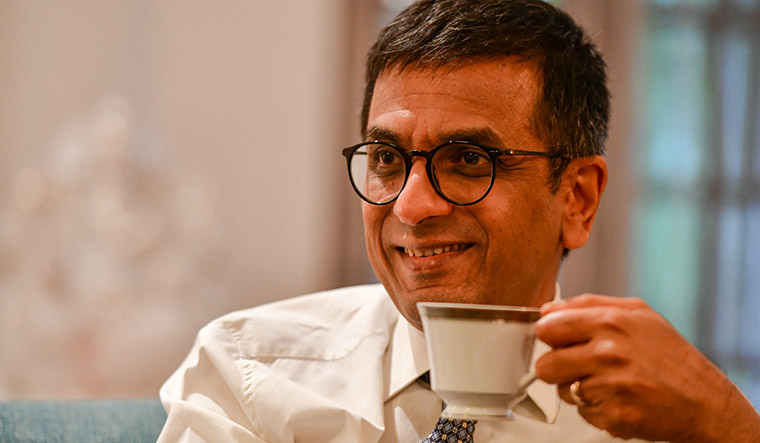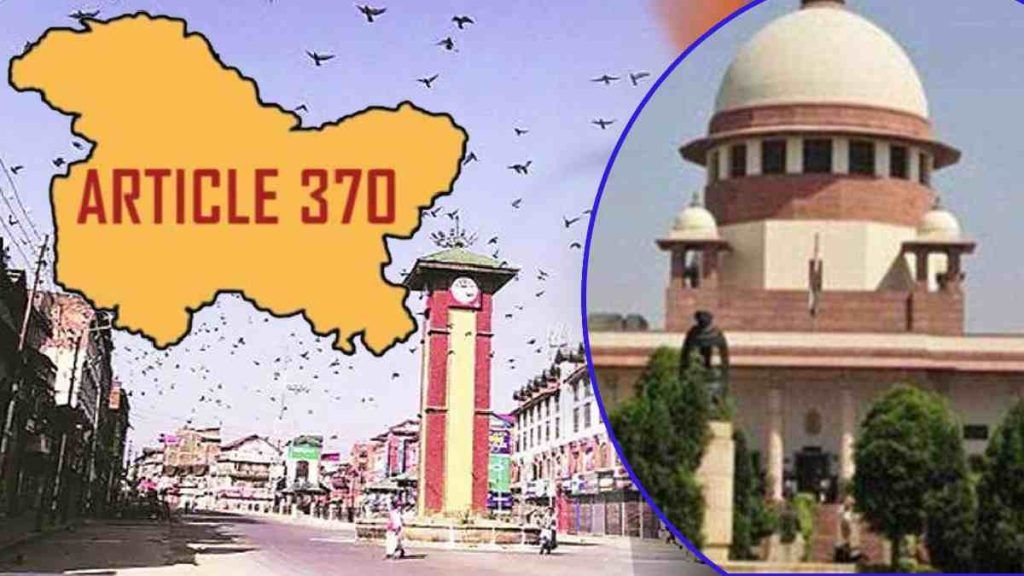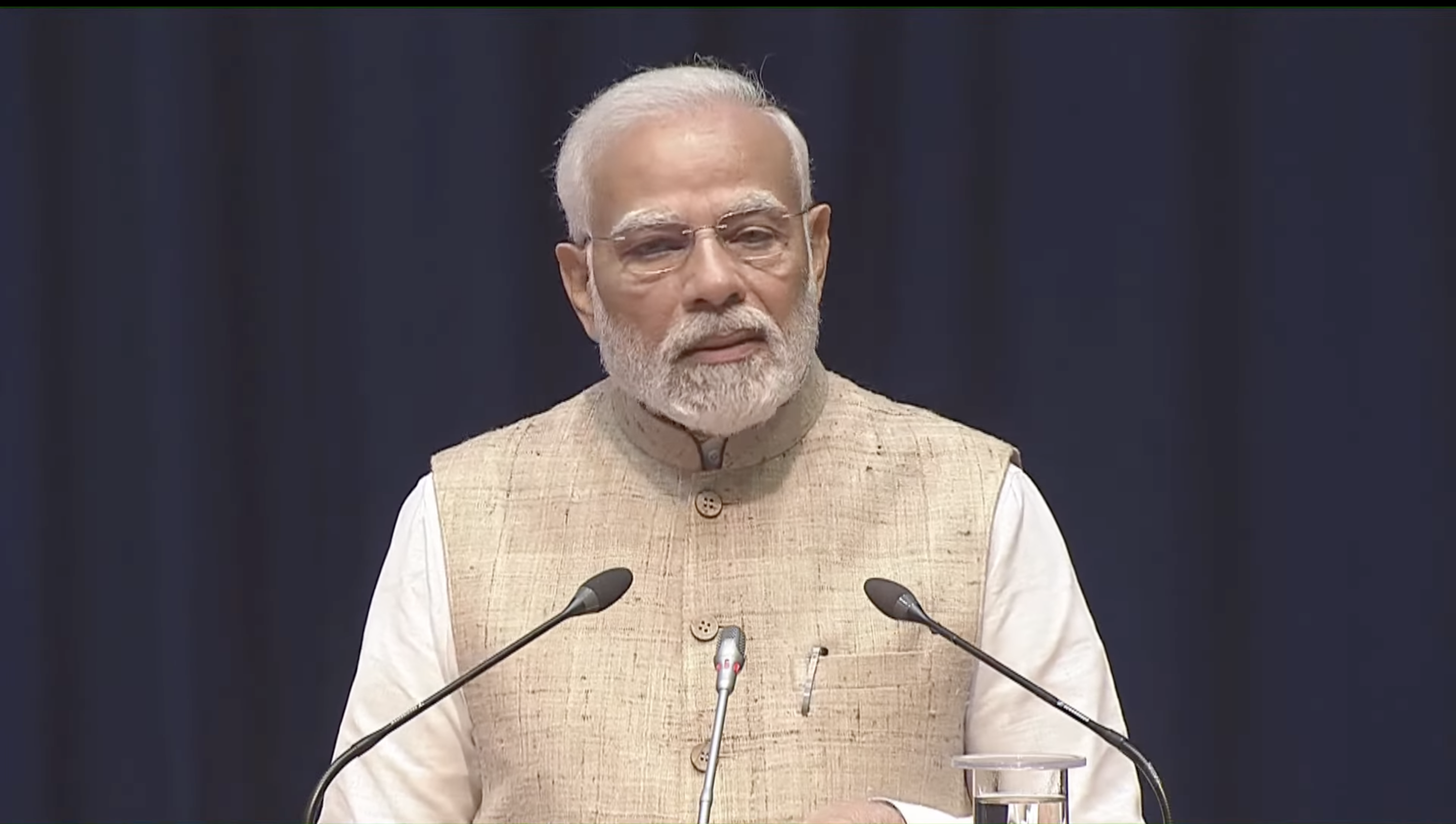On Monday, December 11, the Supreme Court affirmed the abrogation of Article 370 of the Constitution in Jammu and Kashmir, four years after it was put into effect. The ruling, which upholds the loss of special status in Jammu and Kashmir, will be given on Monday by a five-judge Constitution panel led by Chief Justice of India DY Chandrachud.

The Supreme Court hearing in Jammu and Kashmir has raised heightened tensions and potential conflicts, with political leaders advocating for the return of Article 370, which granted special status to the region. Several petitions challenging the abrogation of Article 370 and the Jammu and Kashmir Reorganisation Act, 2019 have been referred to a Constitution bench in 2019. The five-judge bench, including CJI Chandrachud, Justices S K Kaul, Sanjeev Khanna, BR Gavai, and Surya Kant, have been hearing arguments for 16 days, with the verdict set for December 11.
SC’s ruling on Article 370’s revocation explained
The Supreme Court rendered its decision on the Union government’s 2019 attempt to change Article 370 of the Constitution today, December 11. The special status granted to the former state of Jammu and Kashmir was terminated by the abrogation. The court ruled that the constitutional decree nullifying Article 370 was lawful. After 16 days of hearings, a five-judge Constitution bench led by Chief Justice of India (CJI) DY Chandrachud reserved its decision on up to 23 petitions in the case on September 5 of this year. Justices S. K. Kaul, Sanjeev Khanna, B. R. Gavai, and Surya Kant were also on the bench.

The Supreme Court (SC) ruled in favor of the government in the reorganization of Jammu and Kashmir into Union Territories, stating that the state held no internal sovereignty after India’s accession. The court directed the Centre for Statehood Restoration and Legislative Assembly elections. Justice Kaul recommended establishing a Truth and Reconciliation Commission to acknowledge alleged violations by the state and its actors in the region.
The Article 370 verdict presents a twofold political challenge for the INDIA bloc.
The BJP is expected to frame a response to the Supreme Court’s constitutional validity of Article 370’s abrogation, viewing it as an endorsement of its actions in Jammu and Kashmir in August 2019. Opposition alliance parties believed the top court had little chance of reversing the revocation of the former state’s special status under the scrapped law.

The Indian court has directed the Election Commission to hold assembly elections in Jammu and Kashmir by September 30, 2024, and urged the Centre to restore J&K’s statehood. The India bloc faces political challenges, including reconciling differences within the AAP, Congress, Left, and socialist blocs. The AAP initially supported the Centre’s decision in 2019, while the Congress initially opposed the scrapping of Article 370.
J&K polls will be held by the next year
The Supreme Court mandated the Election Commission to conduct polls in Jammu and Kashmir by September 30, 2024, in a historic ruling on Article 370. This was said by the Supreme Court in its decision about the validity of the repeal of Article 370 of the Indian Constitution, which grants J&K special status.

The government was also instructed to restore J&K’s statehood by the Supreme Court Constitutional bench, which included Chief Justice of India (CJI) D Y Chandrachud and Justices Sanjay Kishan Kaul, Sanjiv Khanna, B R Gavai, and Surya Kant Court. “We direct that restoration of statehood in Union Territory of J&K shall be done at the earliest,” the Chief Justice of India declared. The court did, however, uphold Ladakh’s designation as a Union Territory.
PM Modi praises the “historic” result in Naya Jammu Kashmir
The Supreme Court’s decision to revoke Article 370 was praised by Prime Minister Narendra Modi, who called it historic. “The Court, in its profound wisdom, has fortified the very essence of unity that we, as Indians, hold dear and cherish above all else,” he said in an article on X.

PM Modi reassured the resilient people of Jammu and Kashmir that Ladakh’s government is committed to fulfilling their dreams, ensuring progress extends benefits to the most vulnerable and marginalized sections of society who suffered due to Article 370.












Comments 3